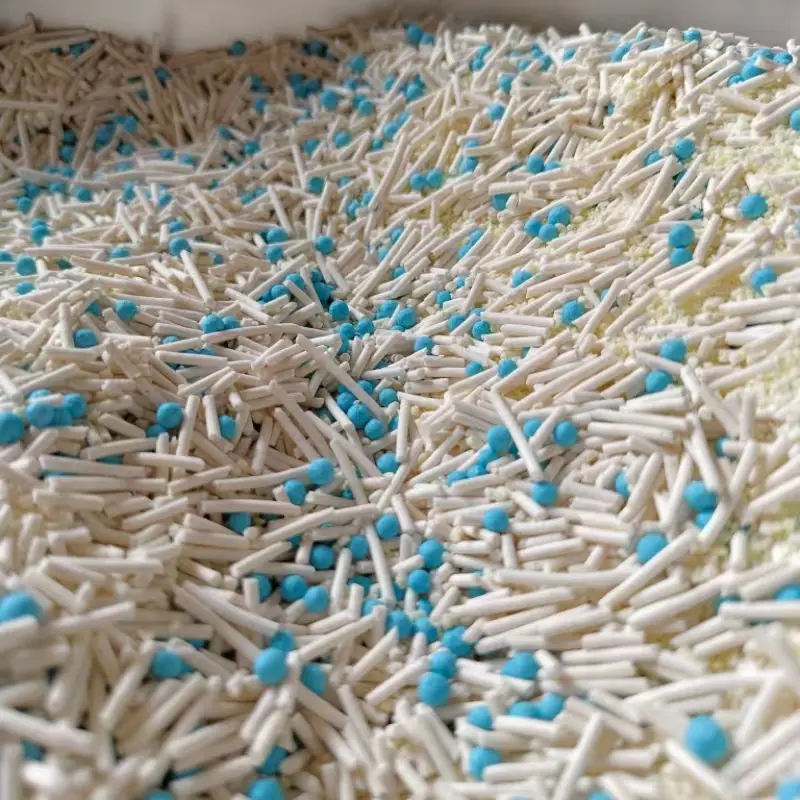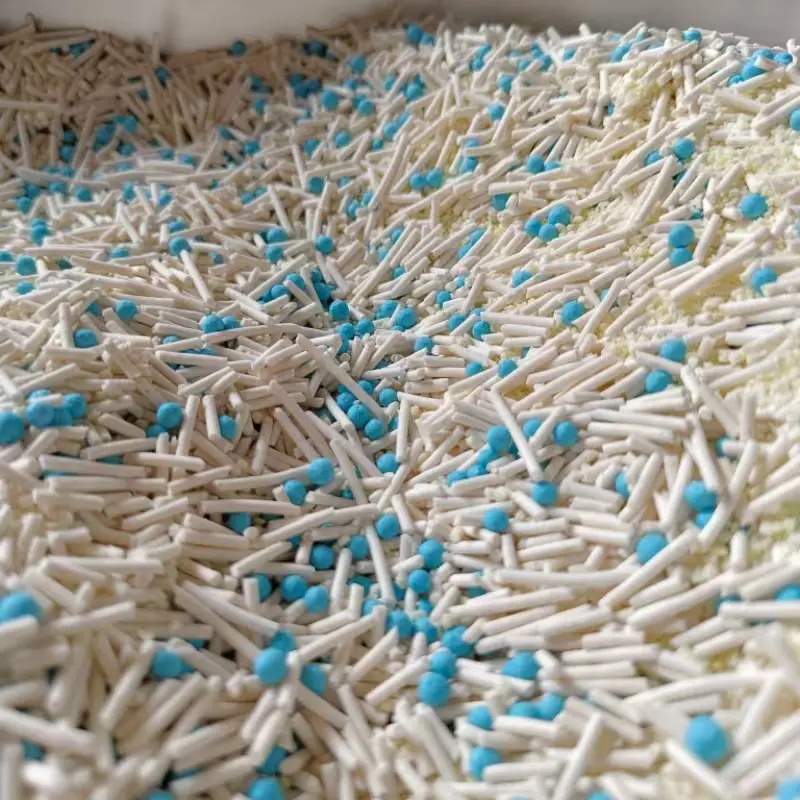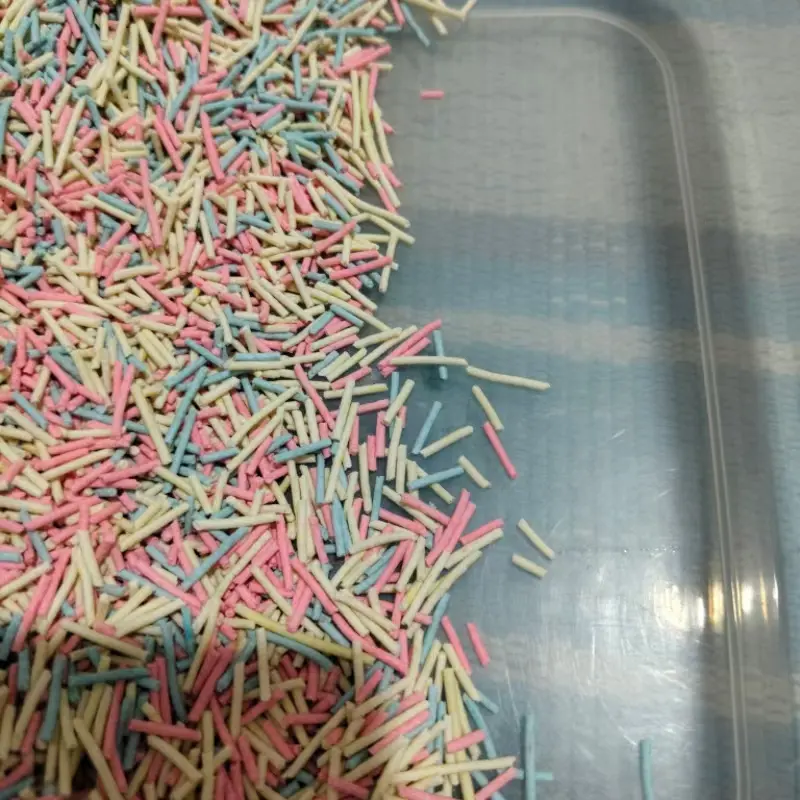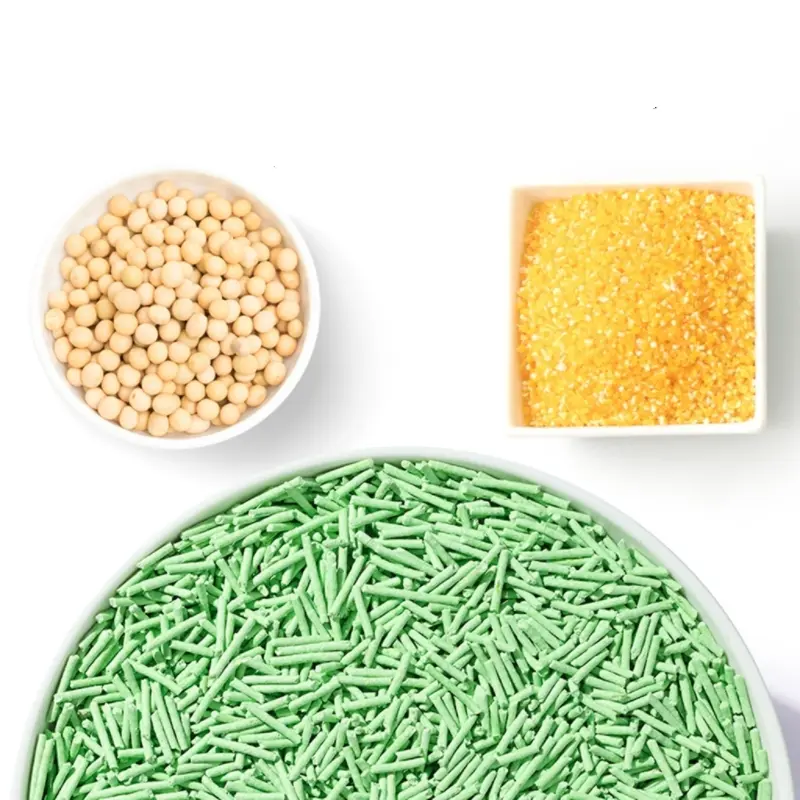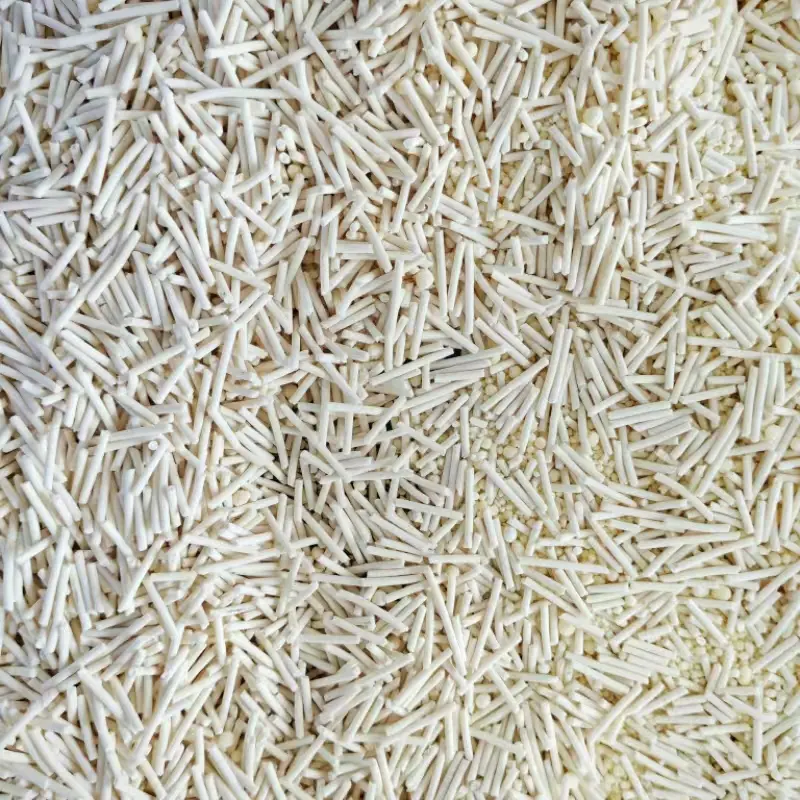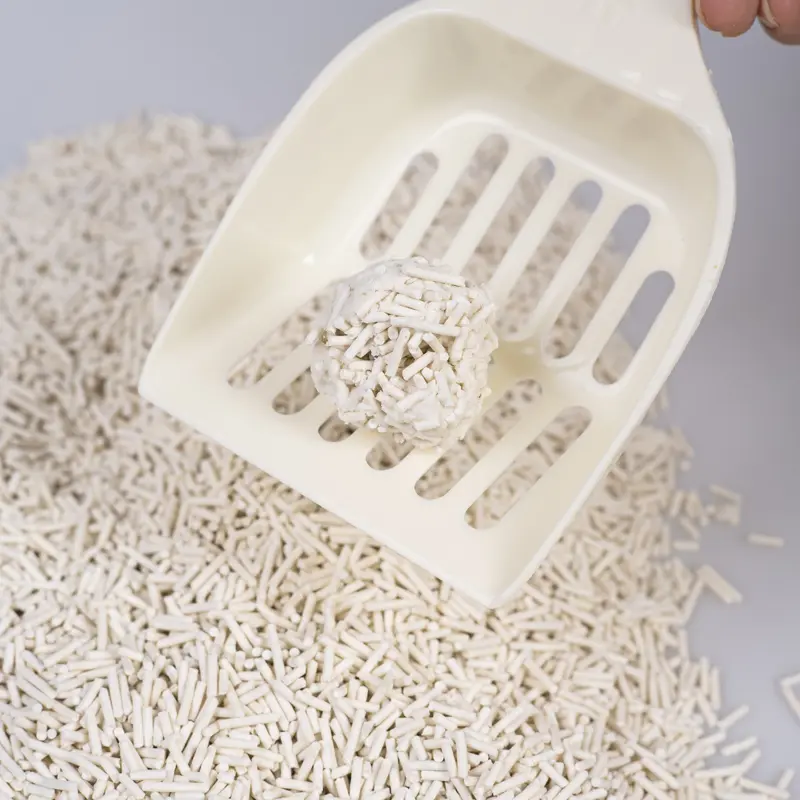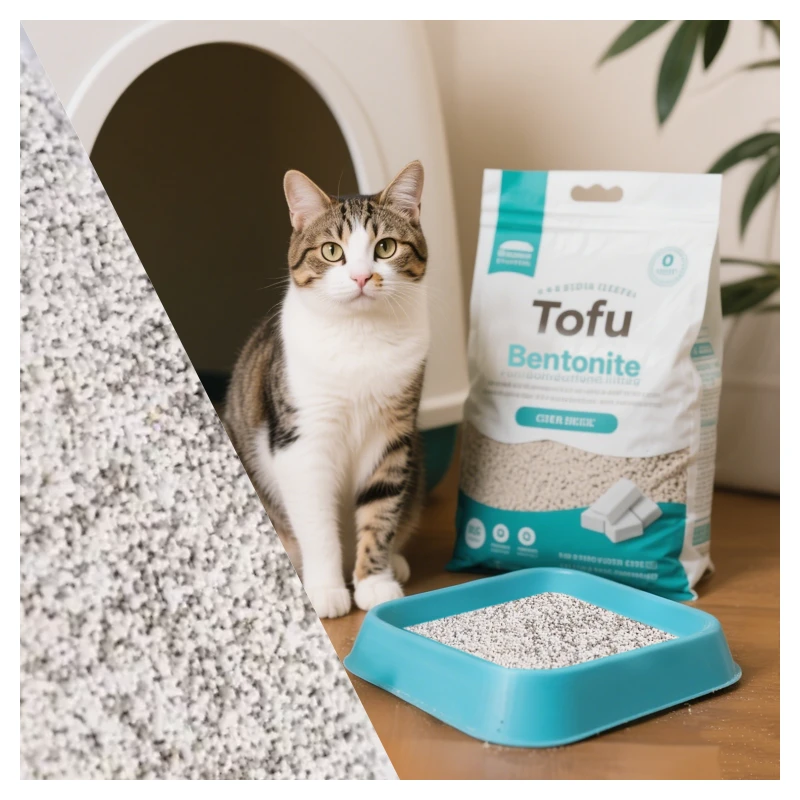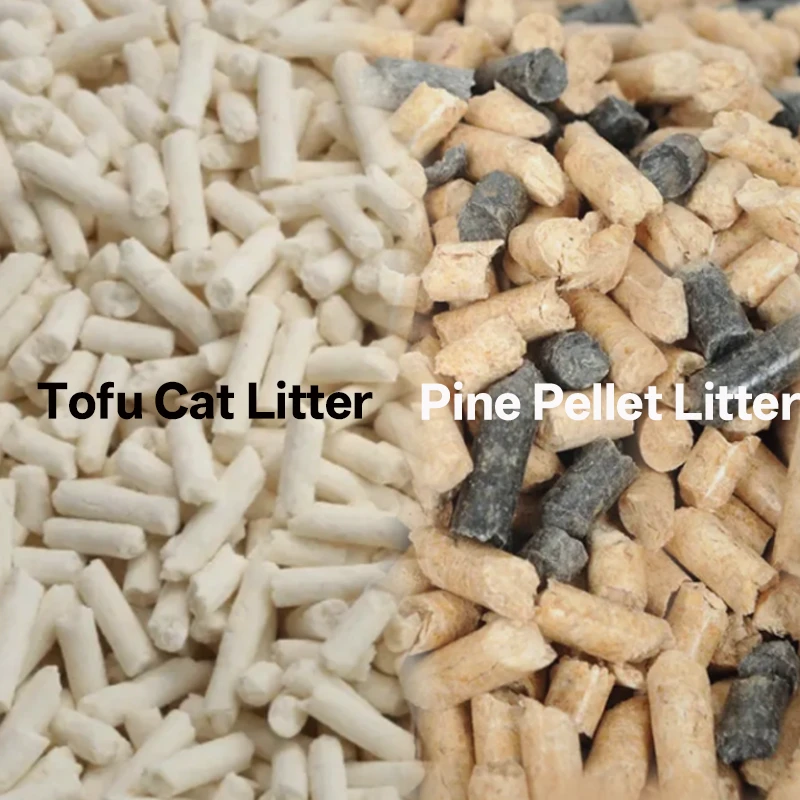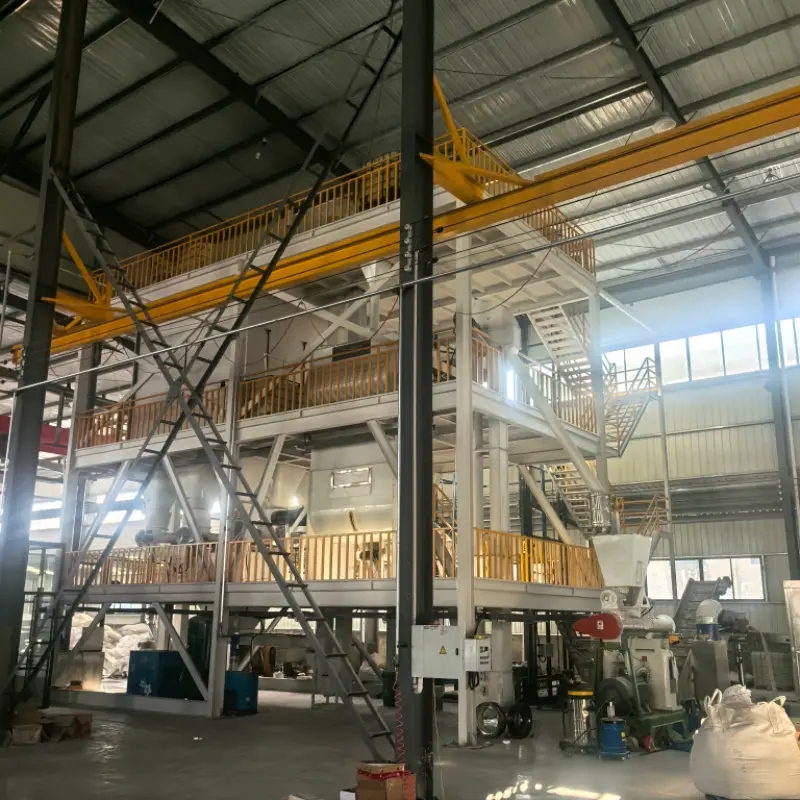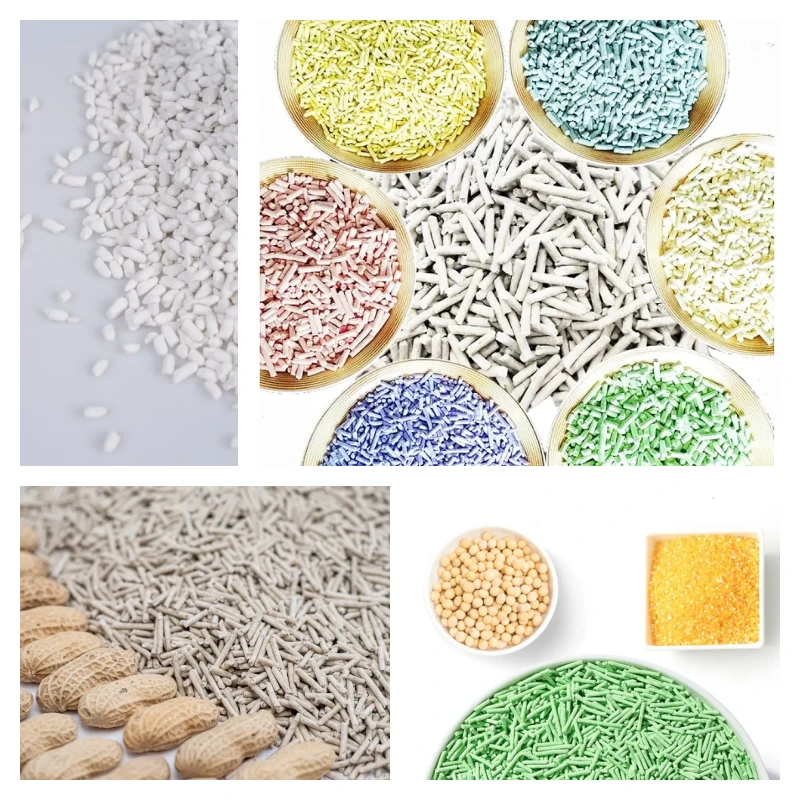The Importance of Cat Litter for Cats:
Comfort: The texture and feel of cat litter are crucial for a cat's comfort. Soft and fine litter will make cats feel comfortable and more willing to use the litter box. Conversely, rough or uncomfortable litter may deter cats from using the litter box, leading to excretion in other areas.
Hygiene: Maintaining cleanliness in the litter box is essential for a cat's health. Clean litter effectively absorbs urine and masks odors, preventing the proliferation of bacteria and foul smells, and reducing the risk of cats coming into contact with harmful substances.
Behavioral Patterns: Cats are very clean animals and typically avoid using dirty or messy litter boxes. Therefore, providing a clean and comfortable litter box can help cultivate good excretory habits in cats and reduce the likelihood of excretion in other areas of the home.
Psychological Security: Cats prefer a safe and private environment for excretion. Providing an appropriate litter box meets this psychological need of cats, making them feel safe and secure.
Preventing Problematic Behavior: If cats refuse to use the litter box due to issues with it, it may lead to excretion in other areas of the home or even problematic behaviors. Choosing the right litter box and litter can help prevent these problematic behaviors.
How to choose cat litter?
Low dust: If there is a lot of dust, it can be harmful to cats, so this type of cat litter is not suitable for cats.
Good clumping ability: Cat litter with good clumping ability can quickly form clumps with urine and feces, making it easy to scoop and clean.
High absorbency: Different types of cat litter have different materials and absorbency. Cat litter with fast absorption can absorb urine and reduce the problem of urine spreading everywhere.
Odor control: Good cat litter should effectively cover up the smell of cat urine and feces after burying them.
Low tracking: The less tracking of cat litter, the easier it is for cat owners to clean.
Safety: When choosing cat litter, consider the safety of its ingredients. Some cat litters may have issues with excessive formaldehyde due to the original ingredients.
Environmental friendliness: Consider choosing environmentally friendly cat litter, such as biodegradable or made from renewable materials, to reduce environmental impact.
Common Types of Cat Litter
| Type | Particle Image | Description | Pros and Cons |
| Tofu Cat Litter | 680060.webp) | It has very good water solubility, can be directly poured into the toilet | Pros: Fast clumping, dust-free, natural ingredients, suitable for cats after surgery or giving birth, flushable Cons: Easily breeds bacteria in humid weather |
| Bentonite Cat Litter |  | Cheap price, good water absorption and clumping | Pros: Fast water absorption, good clumping, comfortable texture, inexpensive Cons: Dusty |
| Mixed Cat Litter | 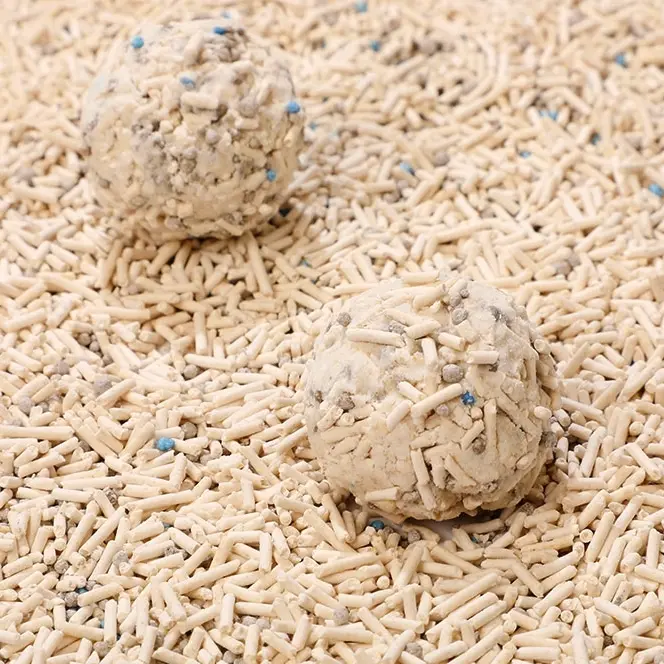 | Tofu cat litter mixed with Bentonite cat litter | Pros: Good water absorption, combines the advantages of tofu cat litter and bentonite cat litter, inexpensive Cons: Slightly more dusty than tofu cat litter |
| Crystal Cat Litter |  | Also known as silica gel cat litter, strong deodorizing power, good absorption | Pros: Quick urine absorption, strong odor control, dust-free Cons: Uncomfortable texture due to silica gel material, non-clumping, not environmentally friendly |
Choosing the appropriate cat litter involves considering factors such as your cat's preferences, odor control, clumping ability, dust levels, and environmental impact. By understanding your cat's needs and experimenting with different litter options, you can find the perfect match that keeps both you and your feline friend happy and healthy.

